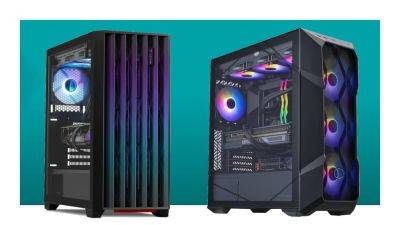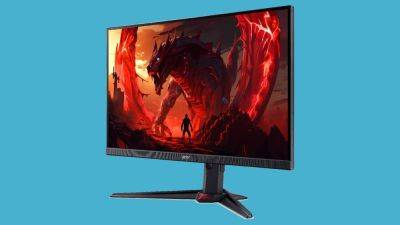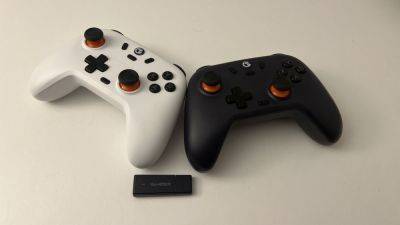You can now rent a 'minibrain' for $500 a month and the potential implications are horrifying
I know, I know, one man's dystopia is another man's utopia, and it's certainly easier to have a negative take on something than a positive one. But I struggle to accept that anyone could not feel a sense of disquiet upon hearing that you can now rent a human «brain organoid» for «realtime neural stimulation and reading».
No, this isn't the dream futurism of some techno-optimist, these in vitro «organoids» are actually available to rent right now from FinalSpark's Neuroplatform (via Tom's Hardware), FinalSpark being a wetware computing company.
For just $500 per month (or free for some projects), university and education groups can access neuronic organoid bioprocessors, which are essentially collections of brain tissue, each containing thousands of living neurons, connected to electrodes on a chip.
The idea is to use biological matter for computational processing because it's far more energy efficient than using transistors. A research paper by FinalSpark explains that «we developed a hardware and software system that allows for electrophysiological experiments on an unmatched scale,» allowing «researchers to run experiments on neural organoids with a lifetime of even more than 100 days.»
Research can be conducted on these organoids remotely by using a Python Application Programming Interface (API) that FinalSpark developed. Based on my quick layman reading of the research paper, the experiments at this stage seem to involve discovering exactly how biological neural networks (BNNs) might work (eg, how stimulation and output works) and how they could be best used in future.
In other words, research at this stage seems to be laying the groundwork for a much more efficient kind of neural networking than transistor-based (artificial) neural networking. This being, y'know, living neural networking, which I might hesitantly call a kind of brain control.
Perhaps I'm too much of a sentimental, head-in-the-clouds philosopher (though I'd dispute that commonly espoused







